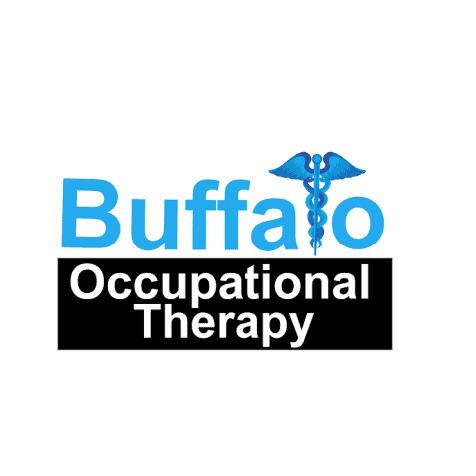Autobiographical Memory
What is Autobiographical Memory?
Autobiographical memory is a unique aspect of memory that involves recalling personal experiences, events, and details from one’s own life. It encompasses memories of significant life events, emotional experiences, and everyday occurrences, forming the narrative of an individual’s life story. Autobiographical memory helps shape our sense of identity and provides context for understanding ourselves and our place in the world.
Imagine flipping through the pages of a personal journal filled with memories of childhood adventures, first loves, career milestones, and cherished moments with loved ones. Autobiographical memory allows us to access these rich and vivid recollections, providing a sense of continuity and coherence to our lives.
In neurological conditions and neurodegenerative disorders, autobiographical memory may be affected, leading to difficulties in recalling personal experiences and events. For example, individuals with Alzheimer’s disease may struggle to remember significant life events or details from their past, while those with traumatic brain injury may experience gaps in their autobiographical memory due to memory loss.
Examples of Autobiographical Memory Impairments:
- Forgetting details of childhood memories, such as family vacations or holiday celebrations.
- Struggling to recall significant life events, such as graduations, weddings, or births.
- Forgetting the names or faces of childhood friends or classmates.
- Having difficulty remembering past achievements or accomplishments.
- Forgetting important details of personal relationships, such as how you met your partner.
- Struggling to remember the timeline of past jobs or career milestones.
- Forgetting details of past hobbies or interests that you once enjoyed.
- Having difficulty recalling emotional experiences or moments of personal growth.
- Forgetting details of past traumas or challenging life experiences.
- Struggling to remember specific locations or places you’ve visited in the past.
- Forgetting details of past conversations or interactions with friends or family members.
- Having difficulty recalling details of past vacations or trips you’ve taken.
- Forgetting the names or faces of former teachers, colleagues, or acquaintances.
- Struggling to remember childhood homes or neighborhoods where you grew up.
- Forgetting details of past achievements or awards you’ve received.
Learn about other warning signs of dementia.
Join hundreds of others impacted by memory changes.
Your brain is worth the investment; you only get one of them. Join hundreds of other individuals in their journey to protect their brain health, memories, and movement abilities.
You are worth it.
Clients
Alzheimer's Disease or other Dementias
%
Mild Cognitive Impairment
Buffalo Occupational Therapy Offers a Variety of Services to Meet Your Memory Needs

Printable Resources
Browse our collection of memory training worksheets and resources for your personal use. All resources were created for clinical purposes and are made available to all through our occupational therapy resource store.
Book an Initial Evaluation or Consultation
If you are facing memory challenges or have recently been diagnosed with a neurological condition, we are here for you! If you are within our service area, click here to book an appointment. If you are outside of our services and our interested in a private pay consultation, click here.
